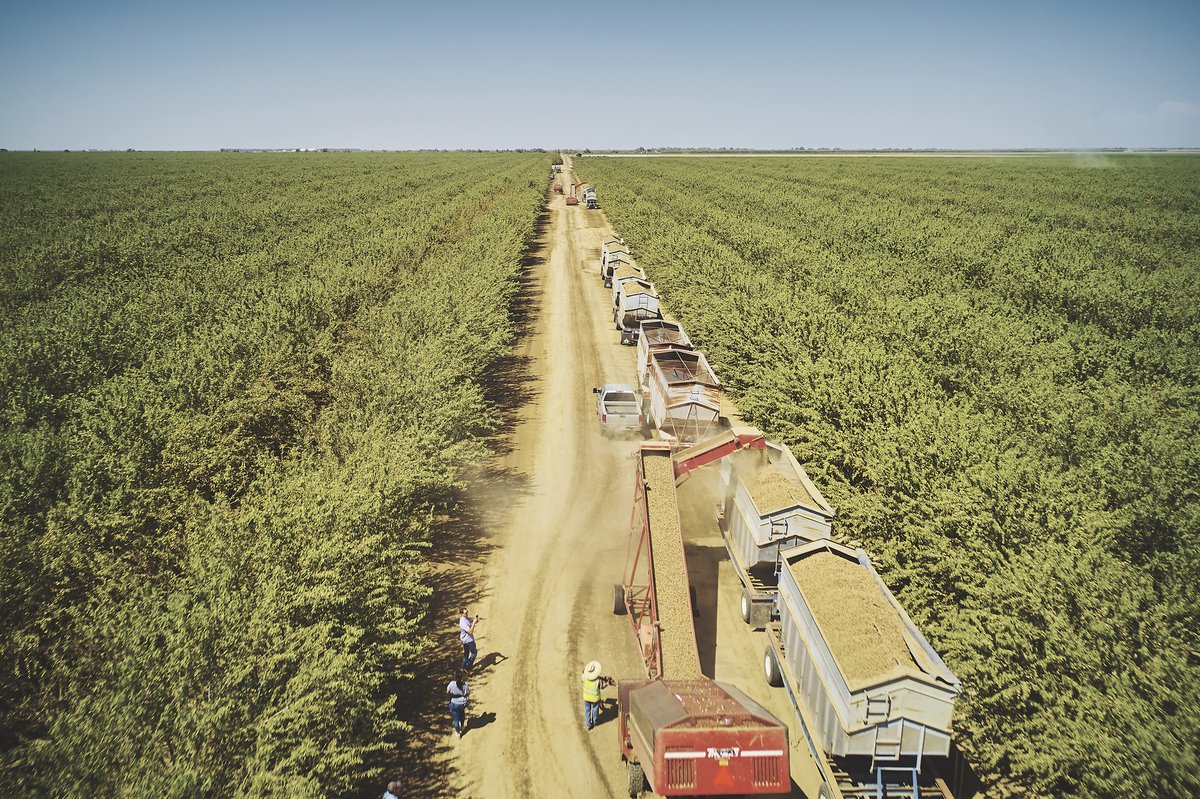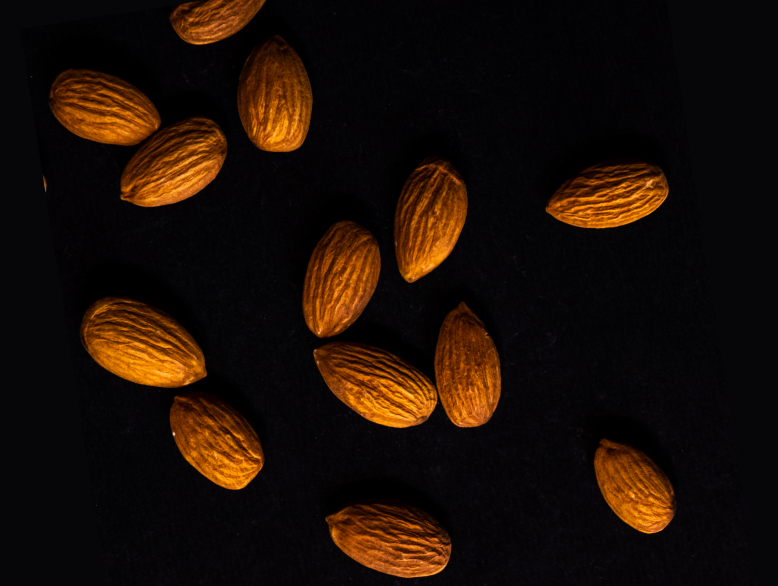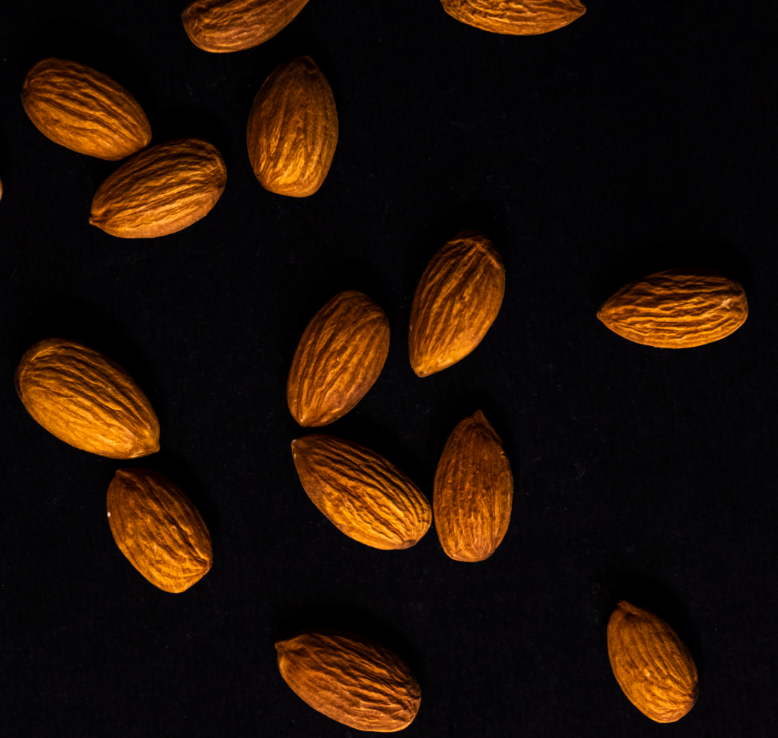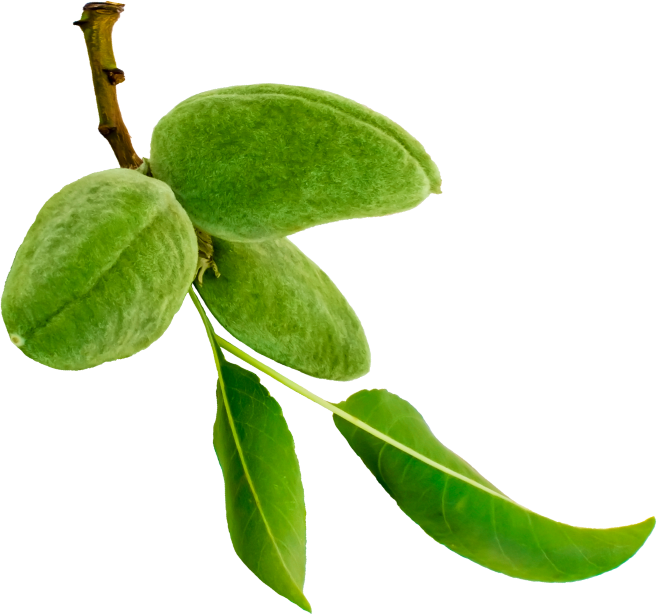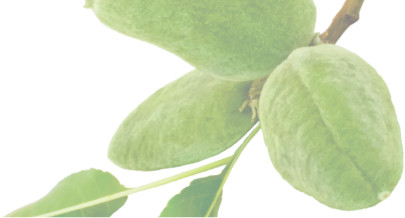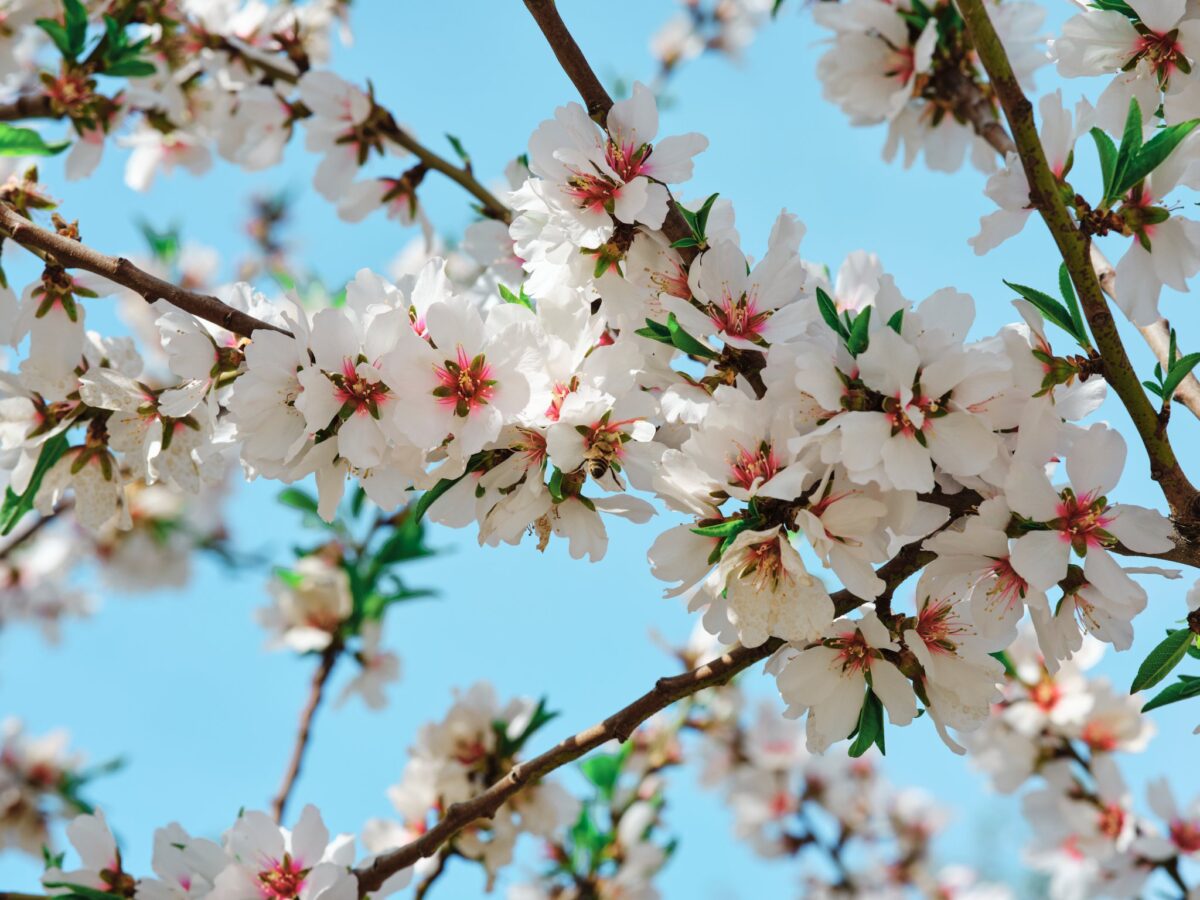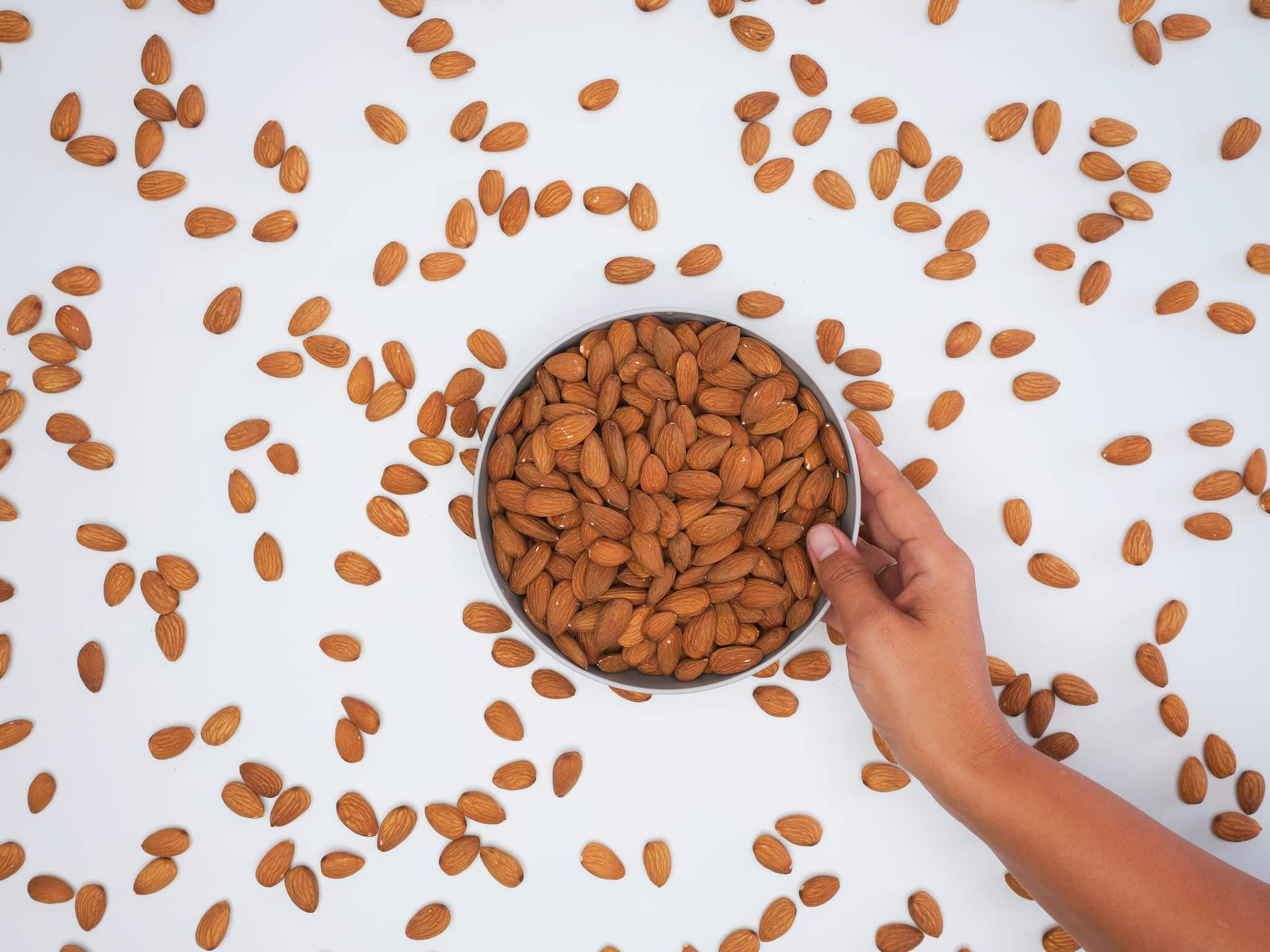Many entomologists agree that stress from transport, frequent changes in environment, chemical exposure, disease, and pests, are all probable factors contributing to premature bee die-off and Colony Collapse Disorder, or the sudden disappearance of bees.
Growth in the almond industry has led to an increasing demand for bee colony rentals.
Projects we’re working on:
Year-round pollinator habitat
Value: providing year-round food sources for honey bees and native pollinators alike.
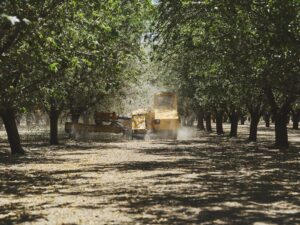
A new movement in the almond industry is leading to almond growers dedicating more and more acreage to wildflowers and other plants. This biodiverse acreage serves as a natural buffet for not only honey bees, but also the 1,600 wild pollinators which call California home. Working with groups like the Xerces Society and Project Apis, Harris Woolf growers have dedicated over 2500 acres to pollinator habitat, allowing HWA to be the largest independent handler of Bee-Better Certified almonds.
Adoption of less demanding almond varieties
Value: reduction of stress on hives
Since the 1960s, some of the brightest pomologists have selectively bred and developed self-pollinating almond varieties to reduce the need of honey bee pollination. Initially seen as a cost-saving solution for farmers, today’s self-pollinating varieties allow more bandwidth for beekeepers and less stress on their bees. Broader consumer demand of these varieties has the potential to halve the number of hives needed to pollinate the entire industry. Over the next 5 years, Harris Woolf anticipates doubling our volume of self-pollinating almonds.
Testing out & Partnering with “bee-tech” Start-ups
Value: better optics into bee health and performance.
Technological solutions are gaining traction as an essential component of almond pollination. Whether it be using infrared cameras to track activity fluctuations within hives, or supplementing unique nutrient sources to strengthen the immune systems of honey bees, pollination-oriented start-ups are developing technologies to provide optics into the health of honey bees. To learn more about some of the companies our growers are currently working with, check out the links below:
Beeflow
Beecorp
If you have any questions regarding our commitment to pollinator health, please feel free to reach out through our contact page
-Harris Woolf Almonds.
